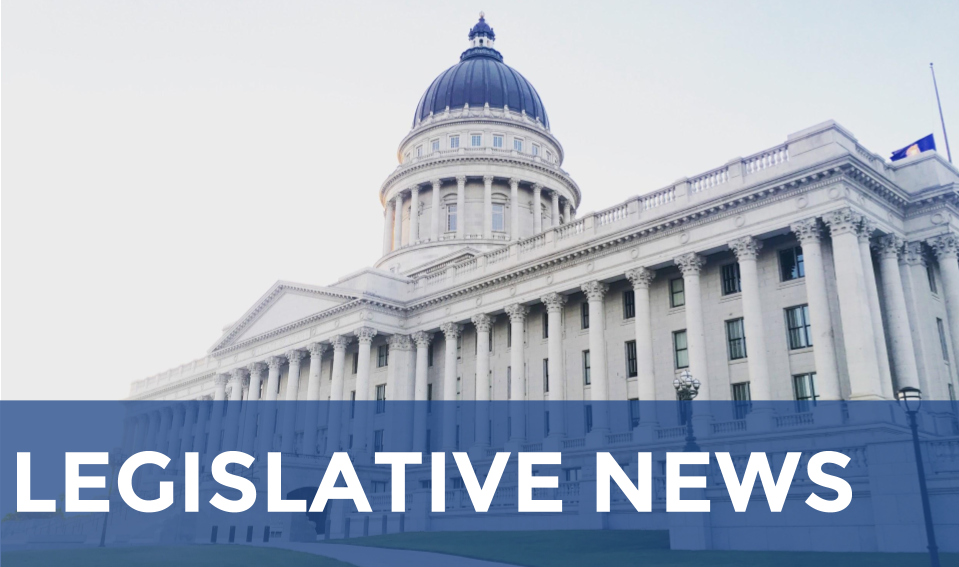The New Legislative Landscape
The results of the midterm elections will bring significant changes in California that will impact water and wastewater policies. In the coming days, Governor-elect Gavin Newsom will finalize his administration and select key advisors to serve in his cabinet.
The incoming administration will work closely with Governor Brown’s team to compile the 2019 budget proposal, released in early January, which will likely be reflective of Governor Newsom’s first year priorities. In addition to the new Governor, California elected new constitutional officers: Lieutenant Governor Eleni Kounalakis, Treasurer Fiona Ma, Insurance Commissioner Ricardo Lara and the new Superintendent of Schools is yet to be decided in the close race between Marshall Tuck and Tony Thurmond.
The State Legislature saw additional changes following the midterm elections. The State Senate added seven new members and the State Assembly added five. The Democrats maintain their supermajority control in the assembly with more than two-thirds of the members being Democrats. The Democrats also appear to have regained a supermajority in the State Senate after Melissa Hurtado (D) unseated incumbent Andy Vidak (R).
A supermajority allows the majority party to pass legislation requiring a two-thirds vote of the legislature such as constitutional amendments or new taxes without any minority party votes. Democratic supermajority control allows “moderate Democrats” –those who tend to be more business-friendly,–to be a powerful voting bloc and determine the outcome of controversial issues in the legislature.
No major changes are expected for the Senate and Assembly Democratic leadership. However, Assembly Republicans recently elected a new leader, Assembly Member Marie Waldron, after Assembly Member Brian Dahle stepped down soon after the election. When the legislature reconvenes in January, there will likely be minor changes to committee memberships to accommodate the newly elected legislators.
Finally, voters decided on 11 statewide initiatives. Of significant interest to CASA members was the defeat of Proposition 3 – the $8.8 billion water bond qualified through the citizen’s initiative process. Statewide polling conducted in the months prior to the election signaled a strong likelihood of passage for Proposition 3. Despite the strong polling, voters ultimately rejected the bond by a narrow margin with 52% voting against the initiative.




 @CASA_CleanWater
@CASA_CleanWater